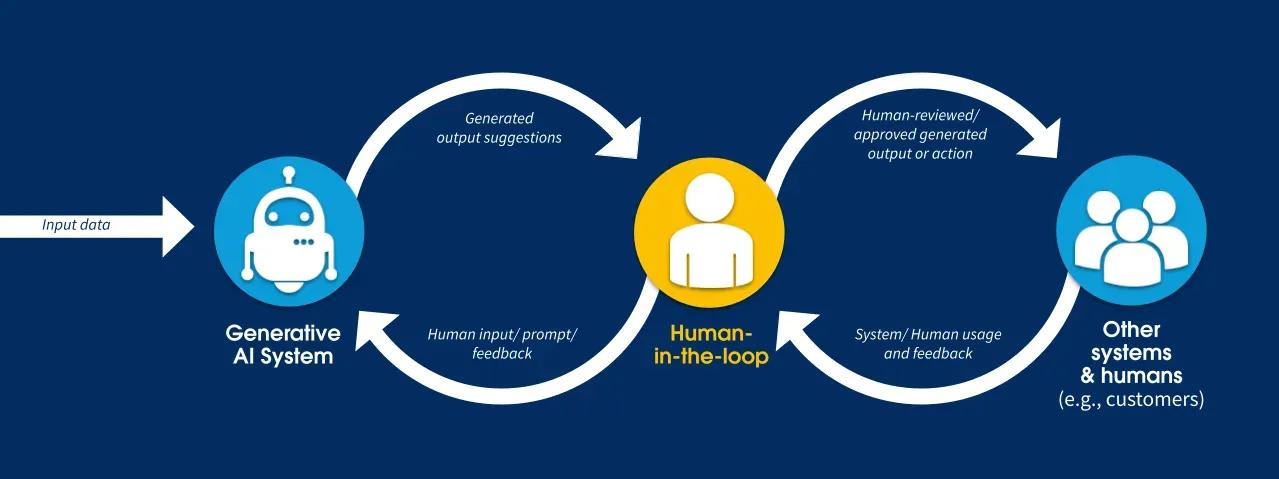The 3 essential skills you should acquire before 2030

By 2030, many of the roles we recognise today will look different, the tools will change, and the skills that win will shift. Research from organisations such as the World Economic Forum shows that human-skills and tech-skills are both going to matter.
Learning agility & adaptability
If I had to pick one skill above all others for 2030 it would be learning how to learn, and doing it fast. Why? Because the rate of change is accelerating: what you knew five years ago may be less useful in another five. Studies show that things like "resilience, flexibility and agility" are among the top skills growing in demand.
You’re comfortable with new tools, new roles, new ways of working. You bounce back when projects shift, you’re curious about new areas.
According to the OECD, social and emotional skills like perseverance and curiosity will be as important as cognitive skills. Ref: https://www.oecd.org/content/dam/oecd/en/publications/reports/2024/04/social-and-emotional-skills-for-better-lives_7af2f463/35ca7b7c-en.pdf
How to build it:
1 - Take on projects where you don’t already know all the answers.
2 - Pick up a completely new skill every six months (could be non-tech).
3 - Get comfortable being a “beginner” again - it’s not a failure, it’s a feature.
At the leadership/executive level, this is the invisible differentiator. Not just "I know this tech" but "I can pivot, learn, unlearn".
Human-centric cognition: critical thinking, empathy, collaboration

Here’s what stands out in all the reports: even as technical skills grow in importance, what they call "durable human skills" remain vital. For example: analytical thinking, creative thinking, empathy, communication.
Beyond data, you ask "what does this mean for real people?" "what are we missing?" "what are unintended ethical consequences?"
Research shows high value being placed on those who don’t just follow instructions but can interpret and question.
With remote teams, diverse cultures, shifting roles - you need to work with people, not just tools. The OECD flagged empathy and respect as essential.
The machines get better; the humans who ask the right questions stay ahead. Not just "I work alone" but "I convene teams, I influence outcomes, I build alignment". One list of future skills pointed to leadership and social influence.
Tech-fluency + strategic sense (not deep coding but fluency)
Because you don’t have to be a coder - but still you cannot ignore technology. Studies show that while roles in AI, big data, networks and the like will grow, the combination of these with human skills will define success. Ref: https://www.weforum.org/press/2025/01/future-of-jobs-report-2025-78-million-new-job-opportunities-by-2030-but-urgent-upskilling-needed-to-prepare-workforces/
We’re talking about "tech-fluency” and "strategic sense" rather than becoming a machine-learning engineer (unless you want to). For 2030 I’d highlight:
1 - Tech literacy: You know enough about what technology can and cannot do. You can have informed conversations. Reports list "technological literacy" among the top skills.
2 - Strategic mindset around tech: You understand how a tool or a platform fits into business/organisational goals. It’s not just "we have AI" but "we use AI meaningfully".
Bridging human + tech: You are the translator between business, people and technology - you ask the right questions so the tech serves the purpose (not vice-versa).
For executives and directors, mastery of these means you can lead rather than be led by technology. And for tech enthusiasts it means you avoid the trap of becoming purely technical and instead stay strategic.
Thank you for reading - Arjus




